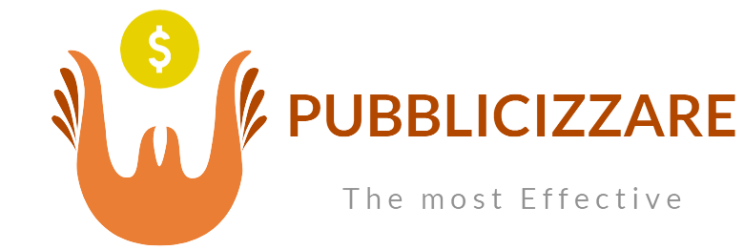Betting on football can be an exciting and potentially profitable endeavor for those who approach it with the right strategy. One popular method for determining how much to bet on a particular game is the Kelly Criterion. This mathematical formula helps bettors calculate the optimal amount of their bankroll to wager based on their edge in a given bet.
The Kelly Criterion takes into account two key factors: the probability of winning a bet and the odds offered by the sportsbook. By analyzing these variables, bettors can determine how much of their bankroll to risk in order to maximize long-term profits.
To apply the Kelly Criterion to football betting, start by assessing your edge in a particular wager. This requires analyzing various factors such as team form, injuries, weather conditions, and historical performance against specific opponents. By conducting thorough research and analysis, you can estimate the likelihood of your chosen outcome occurring.
Next, consider the odds offered by the sportsbook for that particular bet. The Kelly Criterion formula takes into account both your estimated probability of winning and the odds available to determine how much you should stake.
For example, if you believe there is a 60% chance that Team A will win at odds vip999 of 2.
f* = ((2-1) * 0.6 – 0.4) / (2-1) f* = (0.6 – 0.4) / 1 f* = 0.
This calculation indicates that you should wager 20% of your bankroll on this particular bet in order to maximize long-term profits according to the Kelly Criterion.
It’s important to note that while the Kelly Criterion can be a useful tool for managing your bankroll effectively, it is not foolproof and does not guarantee success in football betting. It’s essential to combine this strategy with sound judgment, discipline, and proper money management techniques.
By incorporating the Kelly Criterion into your football betting strategy, you can make more informed decisions about how much to stake on each wager based on your perceived edge and available odds. This approach can help increase your chances of long-term profitability while minimizing unnecessary risks associated with reckless betting behavior.


